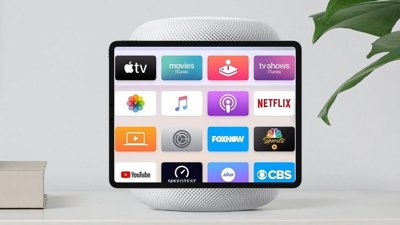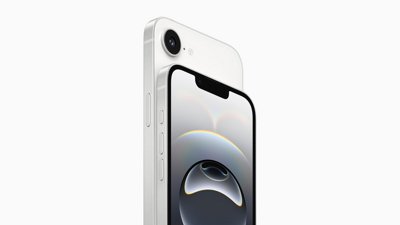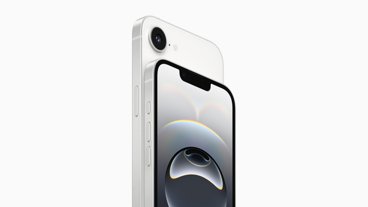Synchron, known for its brain-computer interface technology, has set its sights on the Apple Vision Pro after previously testing out similar technology with the iPad and iPhone.
Synchron has successfully implanted a brain-computer interface (BCI) into the brain of Mark, a 64-year-old man with amyotrophic lateral sclerosis (ALS). With this BCI, Mark is able to control an Apple Vision Pro — something he couldn't do before due to the loss of function in his arms and hands.
Mark uses the BCI to move a cursor around a screen while he plays solitaire, to pick videos to watch in a theater-like experience, and to send text messages.
"This is pretty cool, I've been wanting to try this for a while now. It's like watching it in the theater, it really comes to life," Mark said.
"Using this type of enhanced reality is so impactful and I can imagine it would be for others in my position or others who have lost the ability to engage in their day-to-day life. It can transport you to places you never thought you'd see or experience again."
There's a reason Synchron has chosen the Apple Vision Pro — it blends reality with digital content. This means that while wearing the headset, users do not feel cut off from the real world.
The BCI was implanted in a blood vessel on the surface of the motor cortex of the brain via the jugular vein — the surgery is "minimally invasive," according to Synchron. Once implanted, the BCI can detect motor intent, like when a user thinks about tapping their foot, to control elements of the interface that normally rely on gestures.
The system is designed to be easy to use and could improve the quality of life for millions of people with paralysis.
This isn't the first time we've heard of Synchron, nor is it the first time Synchron has chosen to work with Apple products. In November 2022, the company had begun clinical trials of the same implant which allowed users to control their iPad or iPhone with their thoughts.
 Amber Neely
Amber Neely




-m.jpg)


-m.jpg)






 Christine McKee
Christine McKee
 Chip Loder
Chip Loder
 Oliver Haslam
Oliver Haslam
 Malcolm Owen
Malcolm Owen
 William Gallagher
William Gallagher


 Andrew Orr
Andrew Orr







2 Comments
Woah 🤯. I do wonder how well this works between latency and spelling/controls.
That’s awesome. What a great potential to dramatically improve people’s lives